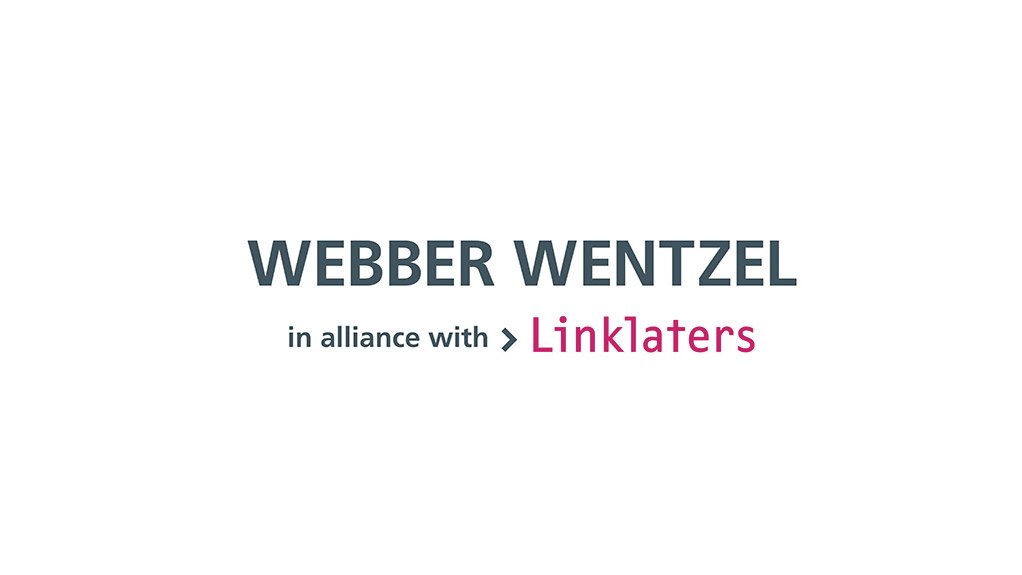The Advertising Regulatory Board is filing an appeal against a High Court ruling that has implications for the Board’s ability to promote responsible advertising and protect vulnerable groups
For years, many of our clients have turned to the widely accredited Code of Advertising Practice (the Code) to enforce their rights, especially when other available legislation, including common law rights, the Trade Marks Act and/or Copyright Act, are not able to provide appropriate relief.
The Advertising Regulatory Board (ARB) is a non-profit company which administers the Code regulating South African advertising. The Code is based upon the International Code of Advertising Practice, prepared by the International Chamber of Commerce. The ARB accepts complaints from consumers and businesses about the content of advertisements when that content may contravene the Code. After a complaint is received, and the matter is investigated, the ARB makes rulings and orders which are binding on ARB members.
The ARB recognises that it does not enjoy jurisdiction over non-members and its decisions are only binding on its members. This is in accordance with clause 3.3 of the ARB Memorandum of Incorporation (MOI). However, non-ARB members are affected by the decisions of the ARB. One example of how the ARB's decisions impact non-members is through the ad-alert regulatory mechanism, which binds members of the ARB to decline the impugned advertising from the non-member. Because of the ad-alert, there would be a blanket refusal by the ARB’s members to publish an advertisement which had been found to violate the Code.
The operation of the ad-alert and certain provisions of the ARB MOI and the Code were central to a dispute between Bliss Brands (Pty) Ltd (Bliss Brands) and Colgate-Palmolive (Pty) Limited (Colgate) which was initially adjudicated by the ARB and later challenged in the High Court.
Bliss Brands (a non-member of the ARB) was ordered to withdraw the packaging of its hygiene soap brand, Securex, after Colgate (a member of the ARB and a competing brand), complained that Bliss Brands was exploiting the advertising goodwill of Colgate's Protex soap and imitating the Protex packaging (clause 8 and 9 of the Code).
Bliss Brands challenged the constitutionality of the coercive ad-alert mechanism.
The High Court found in Bliss Brands' favour. It ruled that:
- the ARB was exercising public power, and doing so over non-members was unconstitutional, because the power is not sourced in law as required by the principle of legality;
- the ad-alert mechanism against non-members amounted to a constraint on the constitutionally protected right to trade freely; and
- clauses 8 and 9 of the Code seek to exercise parallel judicial authority, for which there is no valid source. This contravenes section 165(1) of the Constitution.
The High Court's ruling has serious implications. It means that the ARB has no jurisdiction over non-members, the provisions of the MOI or Code are unenforceable, and the ARB may not issue rulings against or in relation to a non-member or a non-member's advertising.
The ARB promotes responsible advertising which protects consumers and vulnerable groups in society, such as children. It is also an expedient and relatively cost-efficient dispute resolution mechanism. The ARB is filing an appeal. If the Appeal Court agrees with the court of first instance, this will significantly alter the advertising landscape and have many unintended consequences.
Written by Bernadette Versfeld, Ziyanda Ngcobo & Lerato Niklaas from Webber Wentzel
EMAIL THIS ARTICLE SAVE THIS ARTICLE ARTICLE ENQUIRY
To subscribe email subscriptions@creamermedia.co.za or click here
To advertise email advertising@creamermedia.co.za or click here











